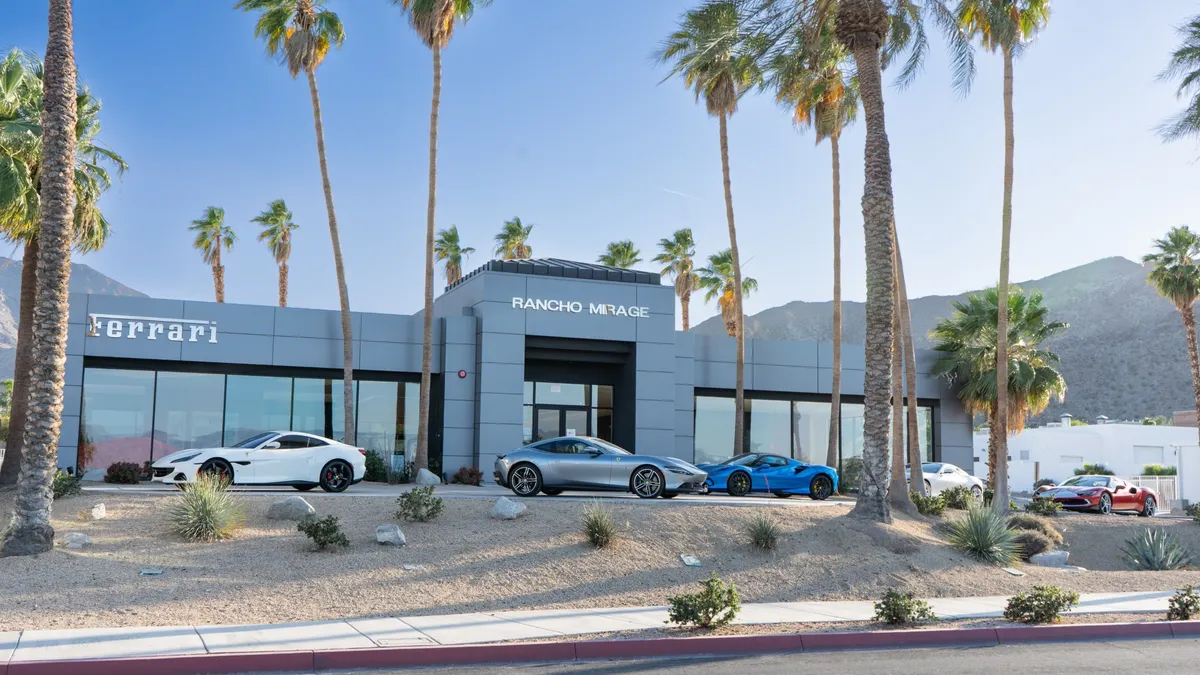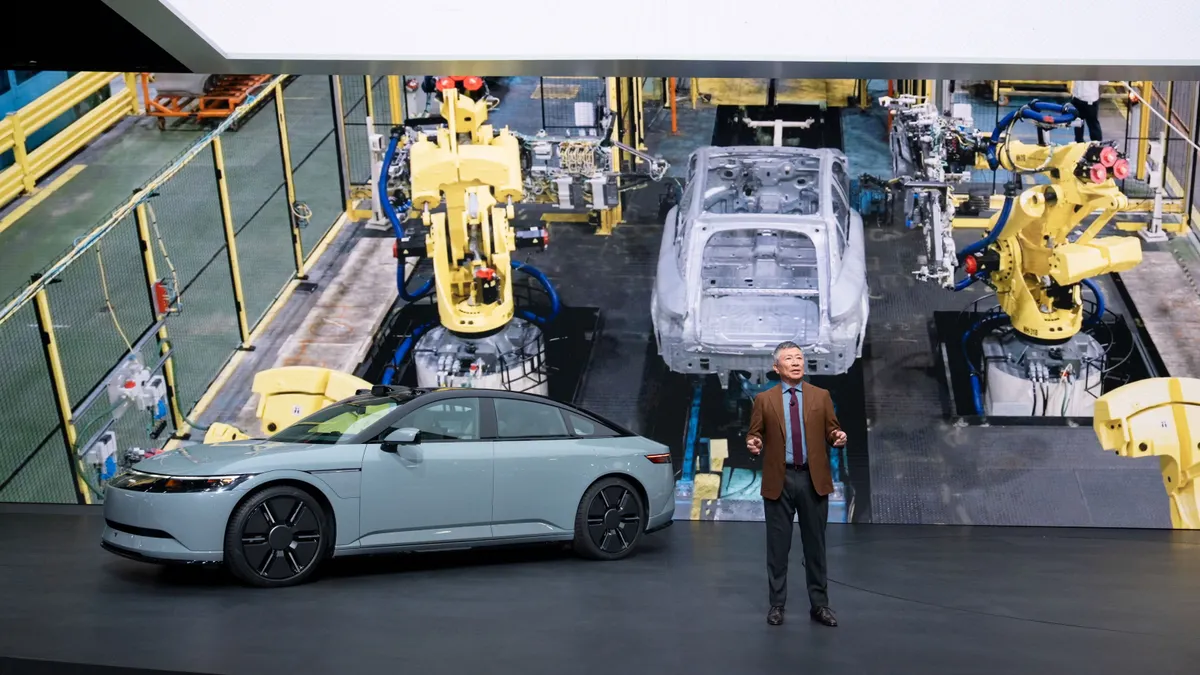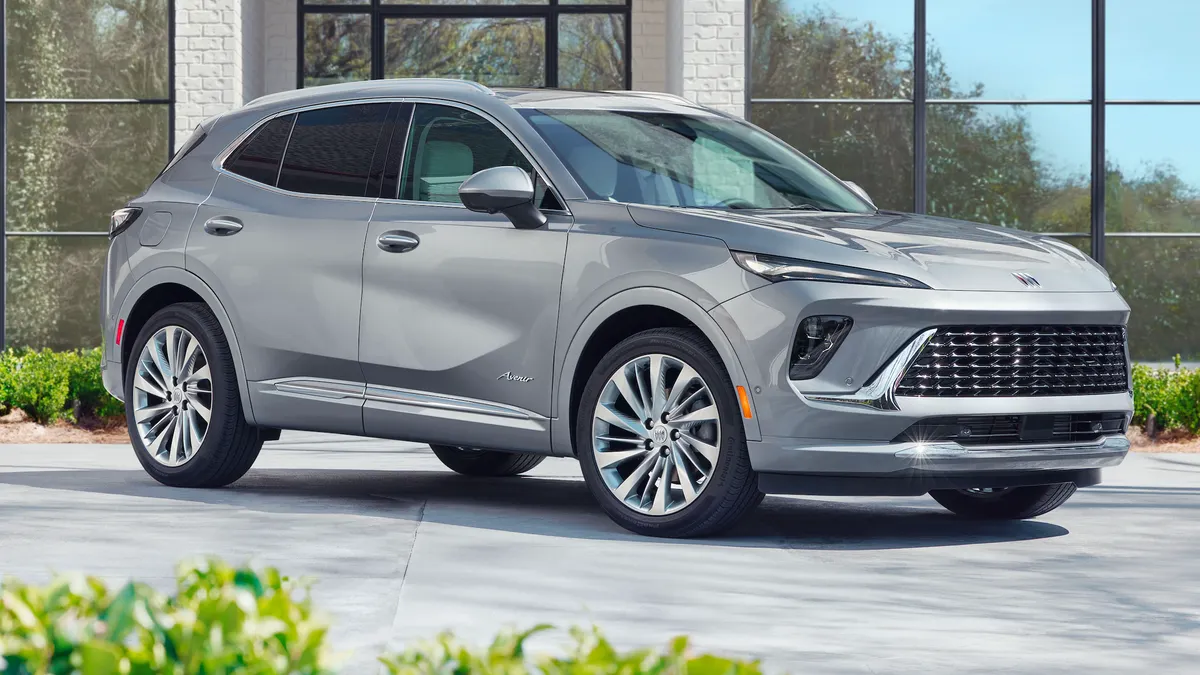Editor's note: This story is part of the WardsAuto digital archive, which may include content that was first published in print, or in different web layouts.
As President-Elect Donald Trump works to make good on his promise to shake up Washington, Elaine Chao is still standing.
As Secretary of Labor throughout George W. Bush’s two terms in office and Deputy Secretary of Transportation for two years under George H.W. Bush, Chao may be the highest-profile federal official – read Beltway insider of the type Trump railed against during his campaign – yet named to a Cabinet position.
As the wife of Senate Majority Leader Mitch McConnell of Kentucky, Chao’s nomination could be seen as Trump’s much-needed extension of an olive branch to mainstream Republican lawmakers. (He also adds diversity by offering an Asian-American woman the job.)
Chao’s nomination is earning mixed reviews, but without the degree of polarization some of Trumpʼs other choices for Cabinet and top administrative positions has generated. Look for her to maintain the traditional symbiotic Republican stance toward business.
As for the auto industry, issues facing Chao include:
Autonomous cars. A Chao-led DOT isn’t expected to micromanage the development of technology led by automakers and tech companies. But the agency may have no choice but to intervene if problems arise on the scale of the General Motors fiasco involving faulty ignition switches in Chevrolet Cobalt cars.
NHTSA, a branch of the Transportation Dept., in 2014 hit GM with a $35 million fine and put the automaker under federal oversight. Chao will have to respond to the glitches autonomous cars inevitably will experience as more of them appear on public roads.
Fuel-economy standards. NHTSA’s input into the rulemaking process requiring automakersʼ fleets to achieve an average 54.5 mpg (4.3 L/100 km) is trumped, as it were, by the U.S. EPA, which last week issued a statement vowing to uphold the corporate average fuel economy standards negotiated between the government and automakers in 2011.
Chao would lack the authority to stand in the way if Trump follows through on his campaign threat to dismantle the EPA, although his recent comments slightly backtracking on his denial of climate change bodes well for EPA's survival. NHTSA will maintain administrative oversight over CAFE standards.
The industry’s chief Washington lobby, the Alliance of Automobile Manufacturers, issued a statement within days of Trump’s election calling on him to at least roll back, if not dump, the CAFE rules. The AAM also is praising Trump’s choice of Chao to run DOT, calling her ‟a uniquely qualified nominee.ˮ
The AAM goes on to say, ‟We all have a common interest – and that is maximizing the rate of innovation in the technologies that save lives, avoid crashes and improve fuel economy (emphasis mine)." Not quite what you’d expect to hear from an outfit that’s been standing in the front row waiting for CAFE to be guillotined.
Auto safety. Not much is known about Chao’s stint as DOT’s deputy director under George H.W. Bush from 1989-91, including her input, if any, into the 1991 rule mandating front-seat airbags for cars and light trucks built after Sept. 1, 1998.
Critics accused Chao, during her stint as Labor Secretary, of foot-dragging on issues such as minimum-wage enforcement and her sacking of more than 100 coal-mine safety inspectors before two mine collapses in 2006 and 2007 that took 15 lives.
Also of concern to critics is her post-Bush Admin. activities on behalf of conservative bulwarks including Fox News and the small-government-championing Heritage Foundation. Will Chao emerge as more proof of Trump’s proclivity for hiring ideologues for top positions?
Infrastructure. Chao’s biggest responsibility at DOT may be her role in overseeing implementation of Trump’s $1 trillion plan to improve the country’s distressed infrastructure. The president-elect wants to hand much of the work over to the private sector – read fellow builders – with an 82% tax credit.
Most of the revenues raised by the federal tax of 18.4 cents a gallon on gasoline and 24.4 cents a gallon on diesel and other fuels are earmarked for road and bridge construction. Those taxes raised a total of $35.2 billion in the 2014 fiscal year, a drop in Trump’s $1 trillion bucket. They were last raised in 1993, and a hike under Trump would be out of step with his promises to cut other taxes. Which could put Chao in charge of Trump’s stock-in-trade, deal-making with the private sector.
As during his campaign, Trump has been – to employ one of his favorite adjectives –‟veryˮ short on specifics of his policies, transportation included. Chao couldn’t be expected to offer any, either, this early in the game. The relationship between an inside-the-Beltway veteran and those insidersʼ sworn adversary could be intriguing, particularly for the auto industry.
Who knows? We may find the wife of The Senator From Coal Country writing the rules for coal-powered autonomous cars.



















